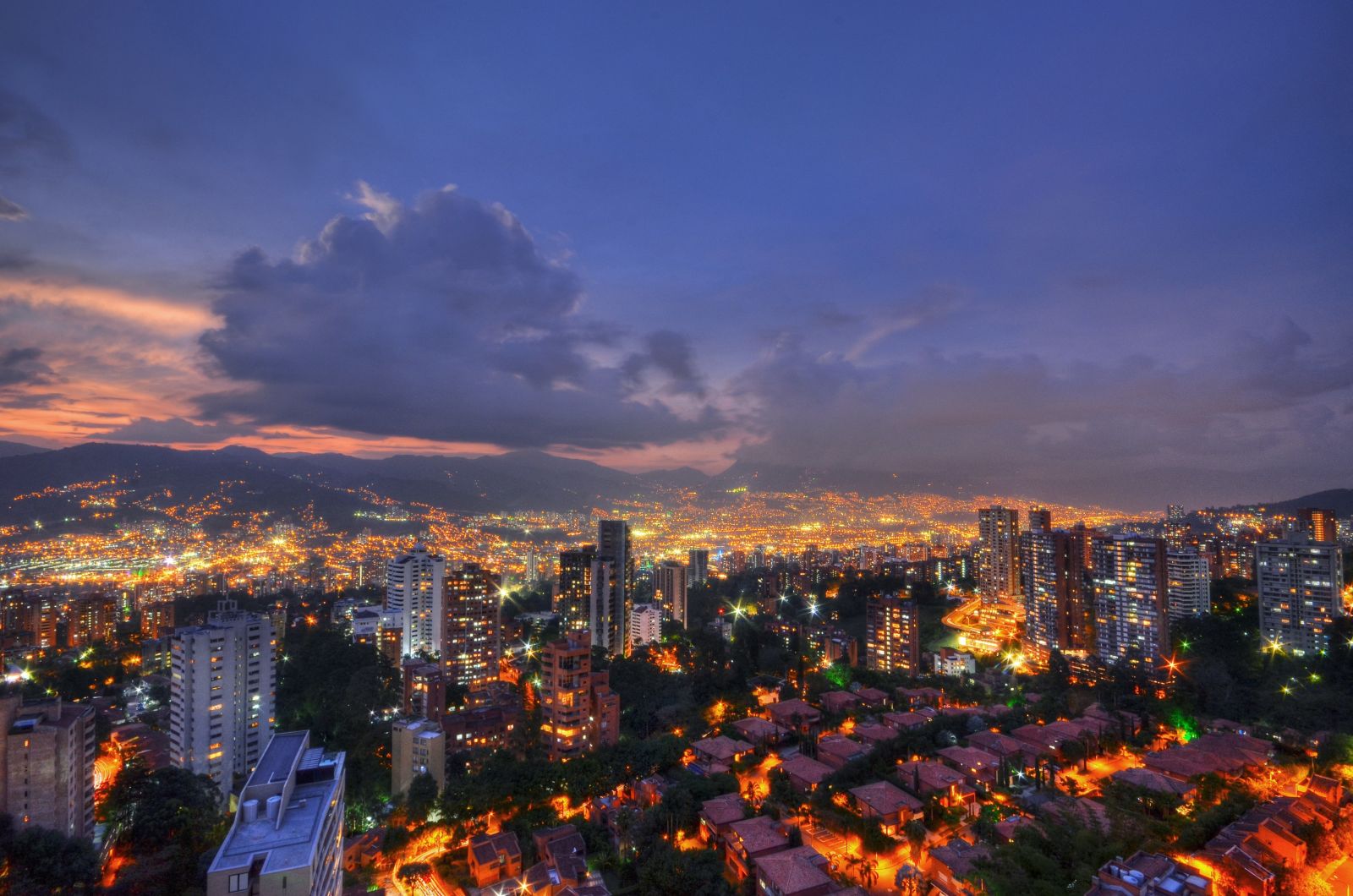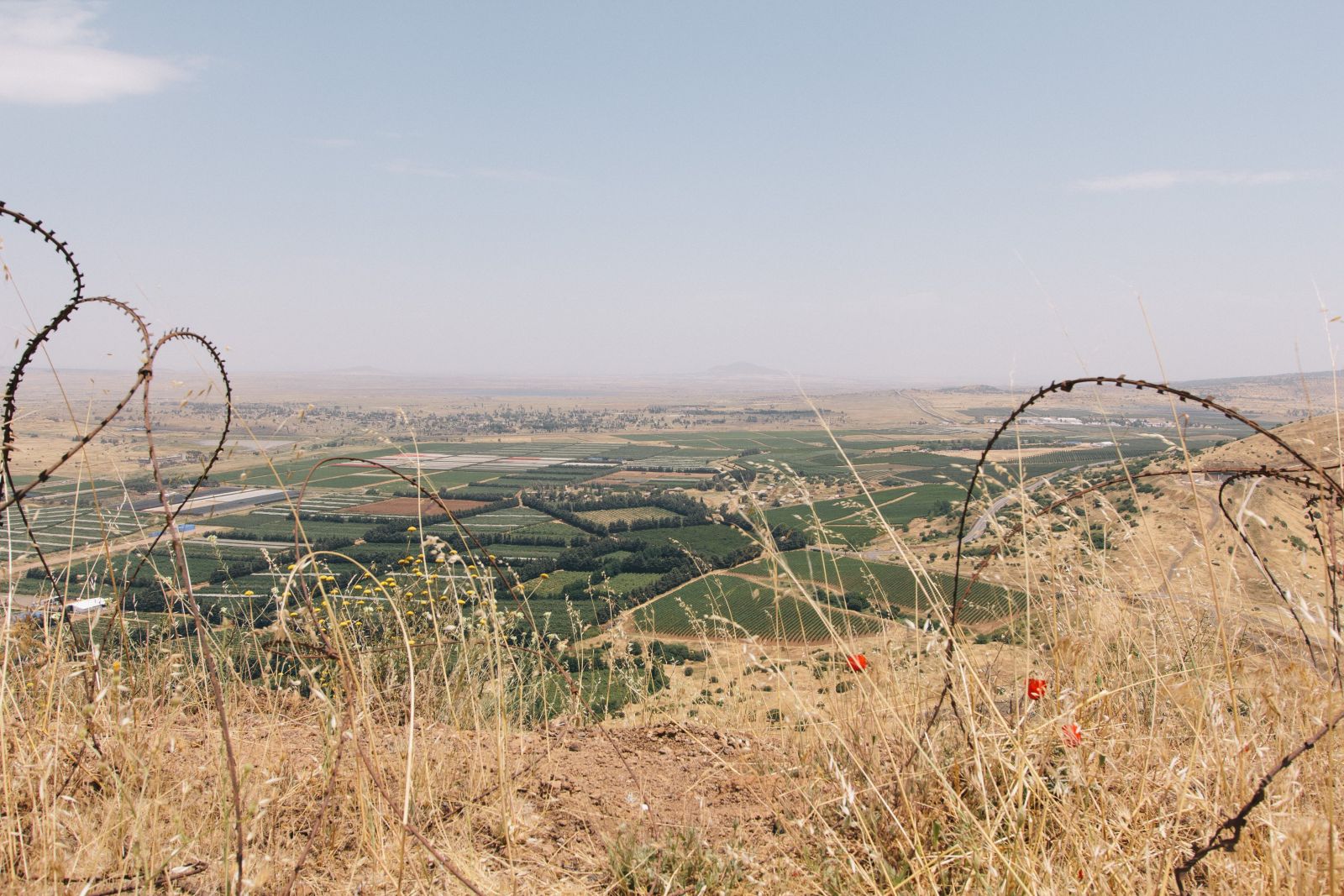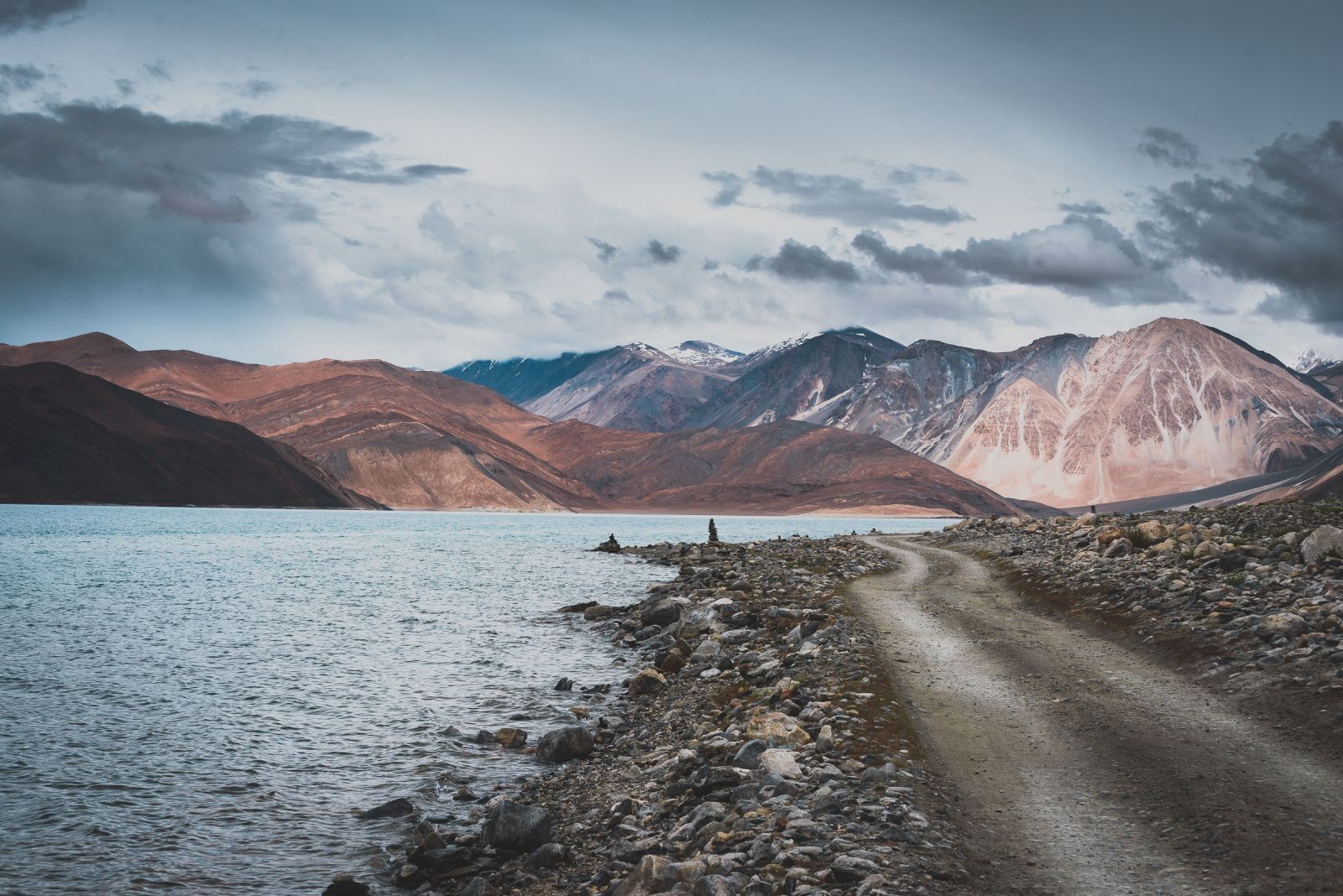DO you think you'd have the negotiating skills and sense of fairness which could translate into a role solving the world's most intractable problems?
A whole host of organisations, from the United Nations to smaller organisations like Mercy Corps, make it their mission to help solve disputes around issues which are central to the quality of life of our planet's population.
It's not just about public relations and what cynics might call useless pieces of paper, either: The RAND Corporation even provide a calculator through their website, which shows just how communities such as Israelis and Palestinians could benefit in terms of the amount of wealth created by peaceful resolution to their major disputes with neighbouring groups.
Below we list five of the world's conflicts which can fairly be described as 'intractable', meaning they have lasted for 25 years or longer.

A key to understanding just how complicated the struggle for peace in Colombia since the 1960s is the recognition that there are multiple sides, each with different interests. In actual fact, the conflict had involved Colombian governments since the mid-1960s, various paramilitary groups and also guerilla groups such as the FARC (Revolutionary Armed Forces of Colombia) and the ELN (National Liberation Army).
The conflict between the established parties in power in Colombia and the FARC rebels had lasted five decades before officially ending last November after four years of peace talks.
However, groups such as Amnesty International have pointed out that the conflict has not simply ceased - killings have continued, and Amnesty cast doubt on the question of whether those who committed atrocities will be prosecuted under international law.

Israel is the world's only Jewish state and is located on land which the Arab population of Palestinians say is their own. The conflict is about which land is owned by whom, and which land is controlled by whom.
Two particular armed conflicts have changed the course of the overall issues which drive the disharmony - the 1948 war and the 1967 war. The 1967 war has left its mark on the conflict even until today - the war left Israel in control of both the Gaza Strip and the West Bank, which were homes to large Palestinian populations.
Israel still controls that territory in some ways. The West Bank is officially under control of the Palestinian Authority but under Israeli occupation. Gaza is controlled by Hamas but is under blockade by Israel.
One of the main drivers of this conflict is that the country is huge and that it has a vast stock of diamonds, gold, cobalt, copper and zinc. Fighting over these vast resources, spread across a country which bears comparison in size with Western Europe. has meant that ethnic groups and communities have been turned against each other.
The country gained independence from Belgium in 1960 and underwent a difficult start to life as a new independent state. Mobutu Sese Seko seized power in 1965 and held on for 32 years until he was ousted by rebels and Laurent Kabila took power.
The east of the DRC is still a site of conflict, as many militias have based themselves there.

The conflict over Kashmir has run for 69 years and began after both India and Pakistan gained independence. Two wars, in 1947 and 1965, have been fought between India and Pakistan over the Kashmir area.
India now controls the south and east of the region, which they named Jammu and Kashmir, and this area makes up just under half of the total Kashmir region. Pakistan controls the north and western areas of the region, adding up to just over a third of the region.
Both countries became nuclear-armed powers in 1998, which has only served to heightened concerns about the conflict, with the two countries' areas of control separated by a 435-mile long border.